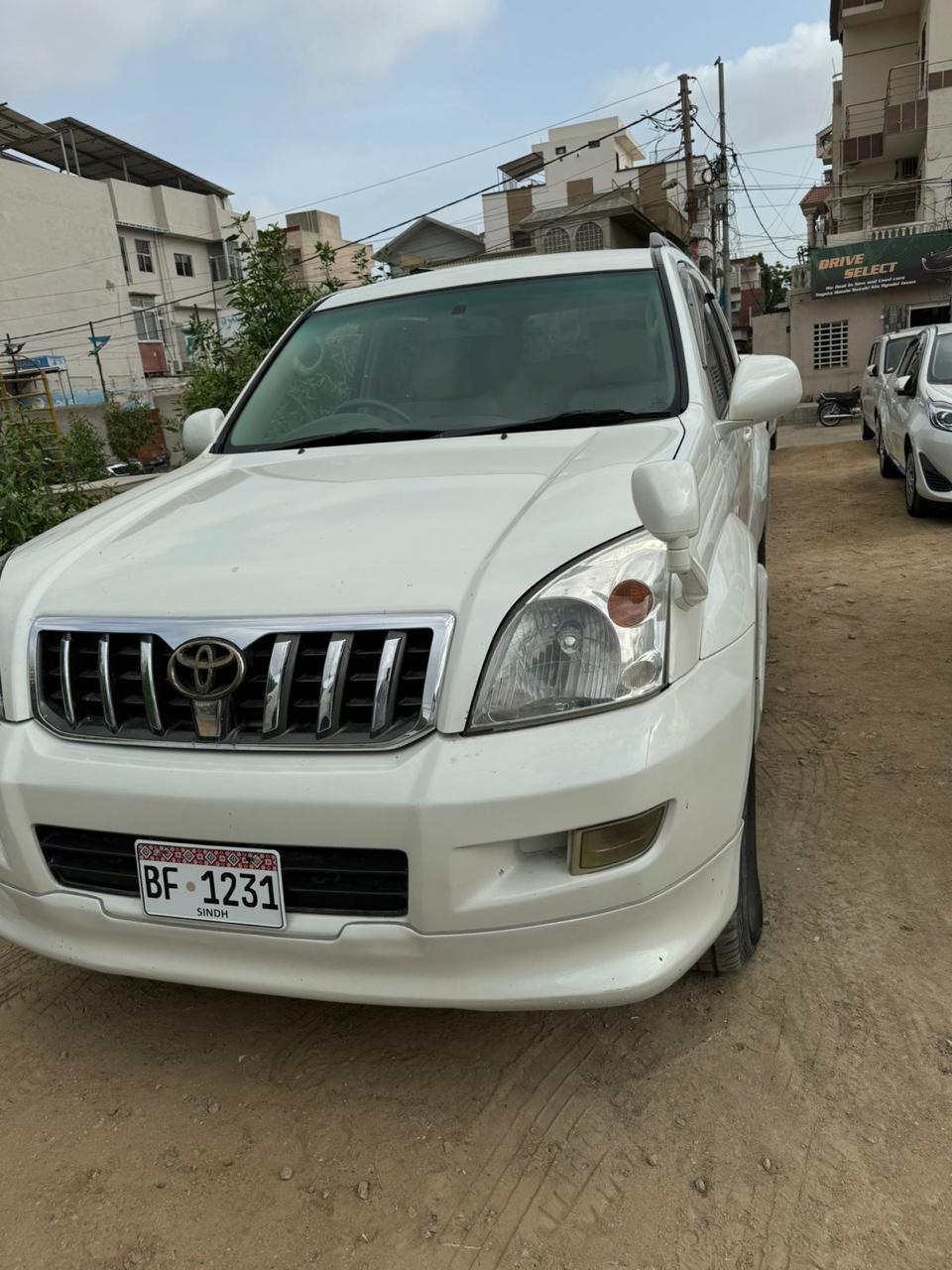The Difference Between a Car Inspection and a Car Diagnostic

When it comes to maintaining your vehicle’s health, you might come across terms like “car inspection” and “car diagnostic.” While these services are essential for keeping your car in top shape, they serve different purposes and are performed under different circumstances. Understanding the difference between a car inspection and a car diagnostic can help you make informed decisions about your vehicle’s maintenance and ensure its longevity.
What is a Car Inspection?
A car inspection is a comprehensive examination of your vehicle’s overall condition. This process is typically performed at regular intervals, such as annually, semi-annually, or when you’re about to purchase a used car. The goal of a car inspection is to ensure that your vehicle meets safety and emissions standards set by local or national authorities.
Key Components of a Car Inspection:
-
Safety Check: Inspectors will examine essential safety components, including brakes, tires, lights, seatbelts, and airbags, to ensure they are functioning correctly.
-
Emissions Test: This test measures the amount of pollutants your vehicle emits. Ensuring your car meets environmental standards is crucial for both legal compliance and reducing your carbon footprint.
-
Fluid Levels: The inspector will check vital fluids like engine oil, transmission fluid, coolant, brake fluid, and windshield washer fluid to ensure they are at appropriate levels.
-
Suspension and Steering: The inspection includes a thorough check of your car’s suspension and steering systems to ensure a smooth and safe ride.
-
Exhaust System: The exhaust system will be inspected for any leaks or damage that could affect your car’s performance or safety.
A car inspection is preventive in nature. It aims to identify potential issues before they become serious problems, ensuring your vehicle remains safe and reliable on the road.
What is a Car Diagnostic?
On the other hand, a car diagnostic is a more specific process aimed at identifying the root cause of a particular issue you’re experiencing with your vehicle. If your car’s dashboard lights up with a warning, such as the check engine light, or if you notice unusual behavior like strange noises, poor performance, or decreased fuel efficiency, a car diagnostic is the next step.
Key Components of a Car Diagnostic:
-
Computerized Analysis: Modern vehicles are equipped with an onboard diagnostics system (OBD). A mechanic will connect a diagnostic scanner to your car’s OBD port to retrieve error codes that indicate specific problems.
-
Component Testing: Based on the error codes, the mechanic will perform tests on the relevant components, such as the engine, transmission, or sensors, to determine the exact cause of the issue.
-
Problem-Solving: Once the problem is identified, the mechanic can suggest the necessary repairs to resolve the issue. This may involve replacing faulty parts, recalibrating systems, or addressing software issues.
Unlike a car inspection, a car diagnostic is reactive. It’s used when there’s already an indication that something is wrong with your vehicle.
Key Differences Between Car Inspection and Car Diagnostic
-
Purpose:
-
Car Inspection: Preventive maintenance to ensure the overall health and safety of the vehicle.
-
Car Diagnostic: Troubleshooting and identifying the cause of specific issues or malfunctions.
-
-
Timing:
-
Car Inspection: Performed at regular intervals, such as yearly or when purchasing a used car.
-
Car Diagnostic: Conducted when a specific problem is detected, such as a warning light on the dashboard.
-
-
Scope:
-
Car Inspection: Broad, covering multiple components and systems of the vehicle.
-
Car Diagnostic: Targeted, focusing on specific areas where problems have been detected.
-
-
Outcome:
-
Car Inspection: A report on the overall condition of the vehicle, often with recommendations for preventive repairs or maintenance.
-
Car Diagnostic: A detailed analysis of a particular problem, with suggested repairs to address the issue.
-
Why Both Are Important
Both car inspections and diagnostics play crucial roles in vehicle maintenance. Regular inspections help catch potential issues before they become costly repairs, ensuring your car remains safe and efficient. Diagnostics, on the other hand, are vital when something goes wrong, allowing mechanics to pinpoint and fix problems quickly.
For car owners, understanding these differences helps in making informed decisions about when to schedule an inspection or diagnostic. Whether you’re ensuring your car’s overall health or addressing a specific concern, both services are essential in keeping your vehicle running smoothly and safely.
If you’re in Karachi and need a reliable car inspection or diagnostic service, FameWheels offers expert services to ensure your vehicle is in the best possible condition. From routine checks to detailed diagnostics, our professionals are here to help you maintain your car’s performance and safety.



